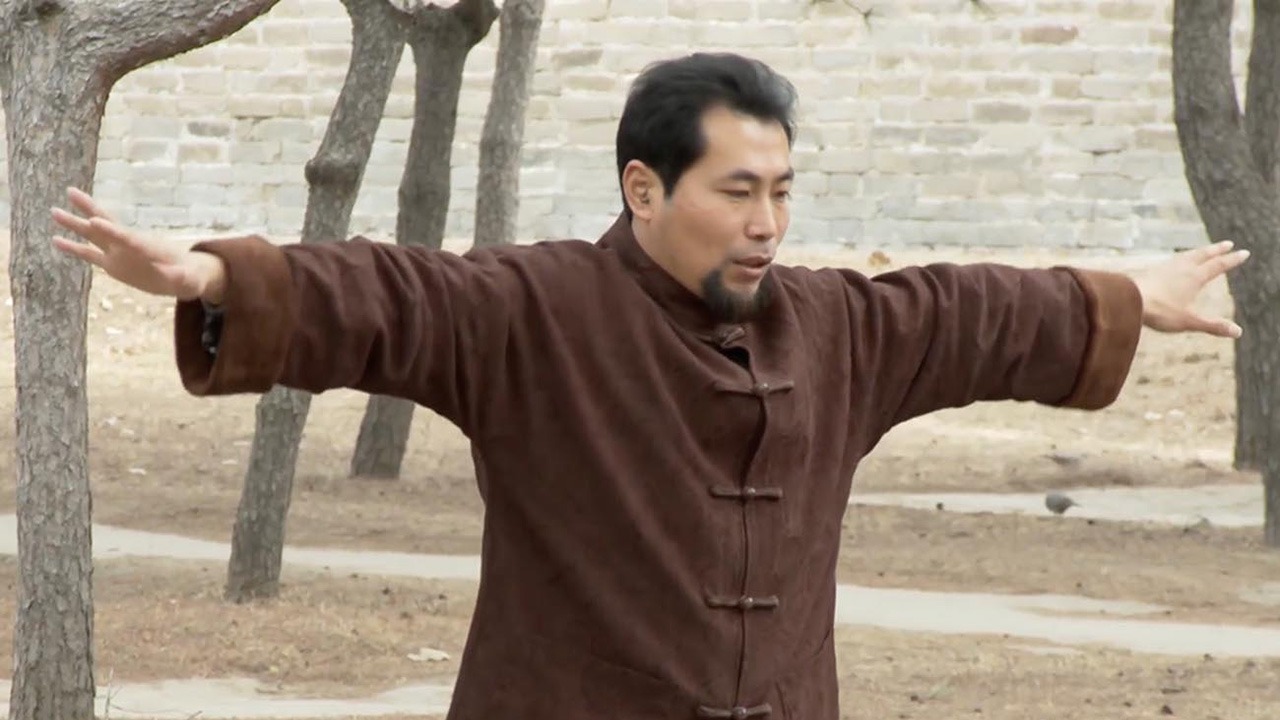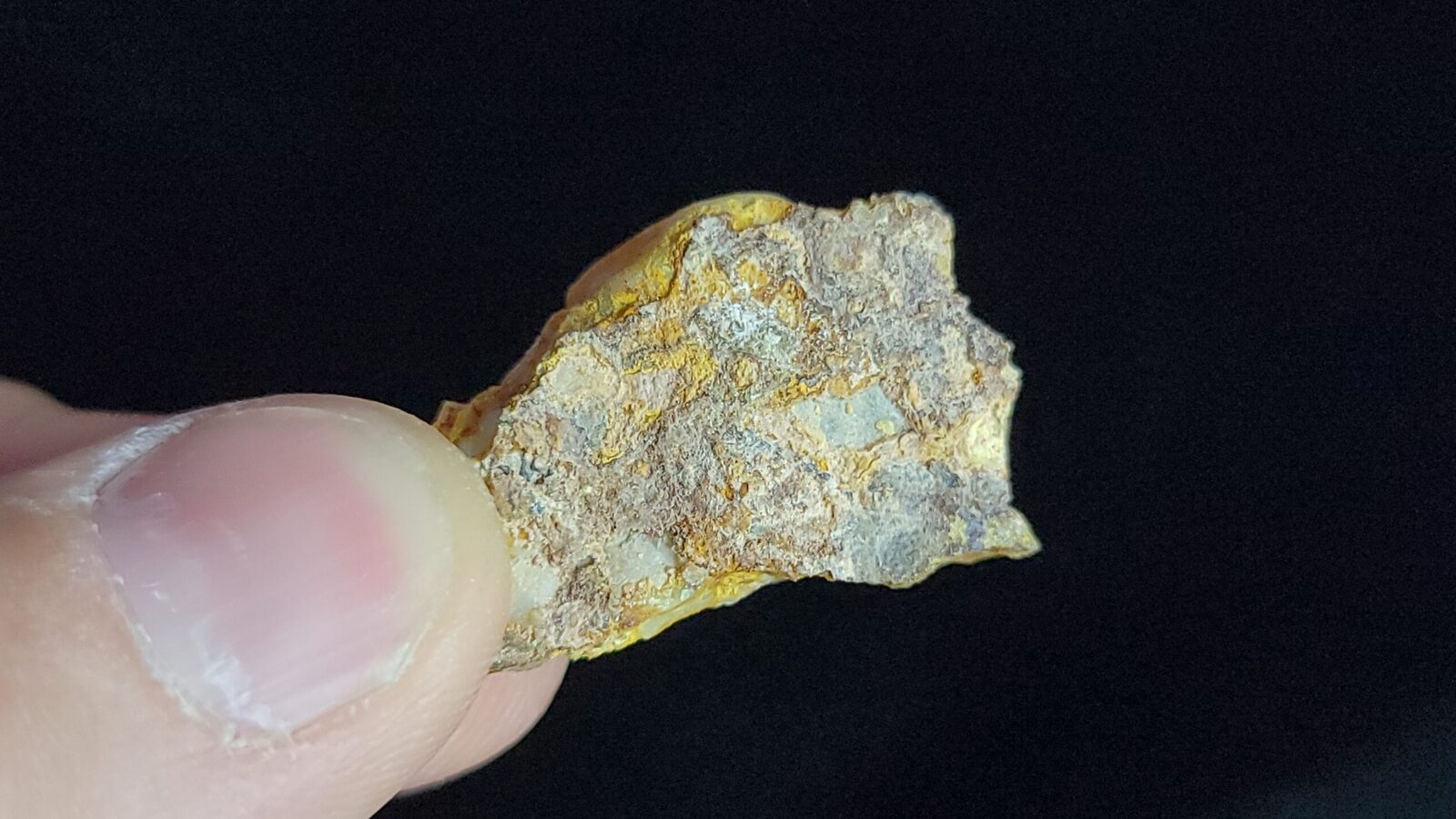
Daoyin Taoist Yoga is an ancient practice that combines physical movements, breathing techniques, and meditation to promote health and spiritual growth. Originating in China, this form of yoga has been practiced for thousands of years and is deeply rooted in Taoist philosophy. Daoyin focuses on guiding energy, or "qi," through the body to enhance vitality and well-being. Unlike other forms of yoga, it emphasizes slow, deliberate movements and mindful breathing. This practice not only improves flexibility and strength but also helps in reducing stress and increasing mental clarity. Whether you're a seasoned yogi or a curious beginner, learning about Daoyin Taoist Yoga can offer valuable insights into achieving a balanced and harmonious life.
Key Takeaways:
- Daoyin Taoist Yoga, an ancient Chinese practice, combines physical movements, breathing techniques, and meditation to improve health and spiritual well-being. It's over 2,000 years old and has gained popularity worldwide.
- Practicing Daoyin Taoist Yoga offers numerous health benefits, including improved flexibility, stress reduction, better circulation, enhanced balance, and spiritual growth. It has been adapted for modern times, making it accessible to a broader audience.
Origins of Daoyin Taoist Yoga
Daoyin Taoist Yoga, an ancient Chinese practice, combines physical movements, breathing techniques, and meditation. It aims to cultivate health, longevity, and spiritual enlightenment.
- Ancient Roots: Daoyin dates back to at least the Han Dynasty (206 BCE – 220 CE), making it over 2,000 years old.
- Taoist Influence: This practice is deeply rooted in Taoist philosophy, emphasizing harmony with nature and the universe.
- Early Texts: The earliest known reference to Daoyin is found in the "Dao Yin Tu," a silk scroll discovered in the Mawangdui tombs.
- Qi Cultivation: Central to Daoyin is the concept of "Qi," the vital life force believed to flow through all living things.
- Health Benefits: Historically, Daoyin was practiced to prevent illness and maintain health, believed to balance the body's energies.
Techniques and Practices
Daoyin Taoist Yoga involves various techniques designed to enhance physical and mental well-being. These include specific movements, breathing exercises, and meditation.
- Stretching Movements: Daoyin includes stretching exercises that improve flexibility and circulation.
- Breathing Techniques: Controlled breathing, known as "Tu Na," helps regulate the flow of Qi.
- Meditative Practices: Meditation is used to calm the mind and focus internal energy.
- Dynamic Exercises: Some Daoyin exercises are dynamic, involving fluid, dance-like movements.
- Static Postures: Other exercises involve holding static postures to build strength and stability.
Health and Wellness Benefits
Practicing Daoyin Taoist Yoga offers numerous health benefits, both physical and mental. These benefits have been recognized for centuries.
- Improved Flexibility: Regular practice enhances flexibility, reducing the risk of injury.
- Stress Reduction: The meditative aspects of Daoyin help lower stress levels and promote relaxation.
- Better Circulation: Movements and breathing techniques improve blood circulation.
- Enhanced Balance: Static postures and dynamic exercises improve balance and coordination.
- Mental Clarity: Meditation and focused breathing enhance mental clarity and concentration.
Spiritual Aspects
Daoyin Taoist Yoga is not just about physical health; it also has a strong spiritual component. Practitioners seek to align themselves with the Tao, or the natural order of the universe.
- Inner Peace: Meditation practices aim to cultivate inner peace and tranquility.
- Spiritual Growth: Daoyin encourages spiritual growth and self-awareness.
- Connection with Nature: Emphasizes harmony with the natural world and the universe.
- Moral Virtues: Taoist principles such as humility, compassion, and simplicity are integral to the practice.
- Energy Flow: Practices are designed to ensure the smooth flow of Qi, believed to connect the individual with the cosmos.
Modern Adaptations
While Daoyin Taoist Yoga has ancient origins, it has been adapted for modern times. These adaptations make it accessible to a broader audience.
- Global Popularity: Daoyin has gained popularity worldwide, with practitioners in many countries.
- Integration with Other Practices: Often integrated with other forms of exercise and wellness practices, such as yoga and Tai Chi.
- Scientific Research: Modern science has begun to study and validate the health benefits of Daoyin.
- Online Classes: Many instructors offer online classes, making it easier for people to learn and practice.
- Workshops and Retreats: Workshops and retreats are available for those who want to deepen their practice.
Famous Practitioners
Several well-known figures have practiced and promoted Daoyin Taoist Yoga, contributing to its spread and popularity.
- Ge Hong: An ancient Chinese alchemist and Taoist, Ge Hong wrote extensively about Daoyin practices.
- Sun Simiao: A famous Chinese physician, Sun Simiao, recommended Daoyin for health and longevity.
- Li Ching-Yuen: A Chinese herbalist and martial artist, Li Ching-Yuen, reportedly lived over 200 years, attributing his longevity to Daoyin.
- Mantak Chia: A modern Taoist master, Mantak Chia, has written books and taught Daoyin worldwide.
- Wang Liping: A contemporary Taoist master, Wang Liping, continues to teach and promote Daoyin practices.
The Essence of Daoyin Taoist Yoga
Daoyin Taoist Yoga offers a unique blend of physical, mental, and spiritual benefits. This ancient practice combines breathing techniques, gentle movements, and meditation to promote overall well-being. Unlike other forms of yoga, Daoyin focuses on energy flow within the body, aiming to balance Qi and enhance vitality.
Practitioners often report improved flexibility, strength, and mental clarity. The emphasis on mindfulness and inner peace makes it a holistic approach to health. Whether you're looking to relieve stress, improve physical health, or find a deeper spiritual connection, Daoyin Taoist Yoga offers something for everyone.
Incorporating this practice into your daily routine can lead to significant improvements in both physical and mental health. Give it a try, and you might just find the balance and harmony you've been seeking.
Frequently Asked Questions
Was this page helpful?
Our commitment to delivering trustworthy and engaging content is at the heart of what we do. Each fact on our site is contributed by real users like you, bringing a wealth of diverse insights and information. To ensure the highest standards of accuracy and reliability, our dedicated editors meticulously review each submission. This process guarantees that the facts we share are not only fascinating but also credible. Trust in our commitment to quality and authenticity as you explore and learn with us.


